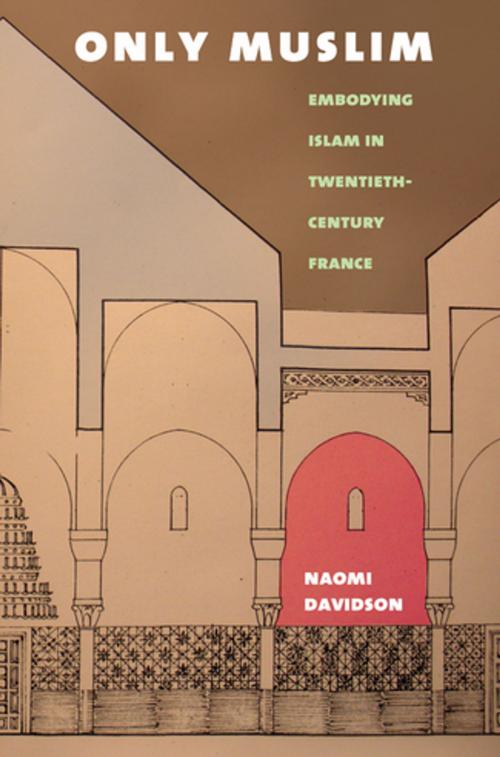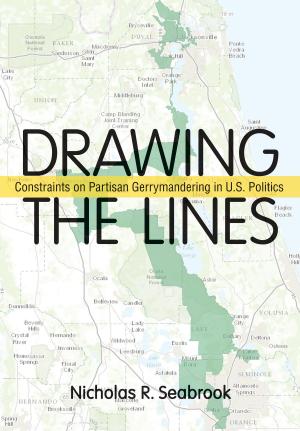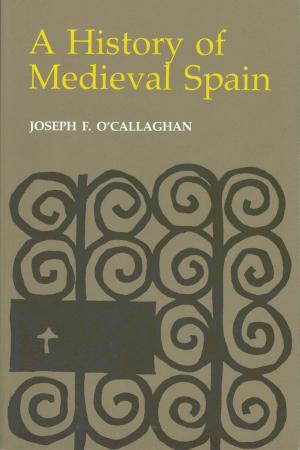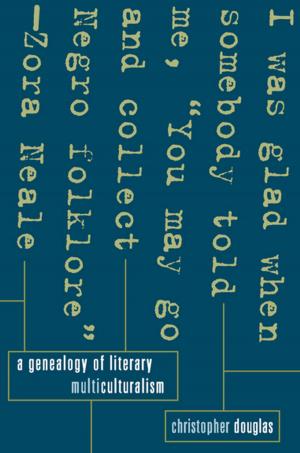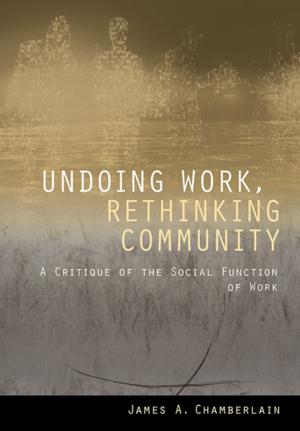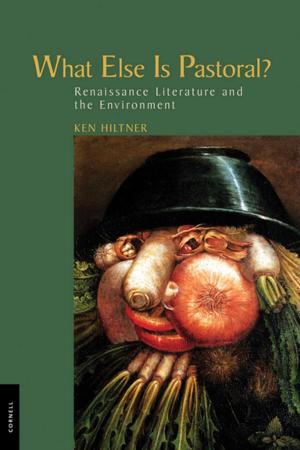| Author: | Naomi Davidson | ISBN: | 9780801465253 |
| Publisher: | Cornell University Press | Publication: | August 15, 2012 |
| Imprint: | Cornell University Press | Language: | English |
| Author: | Naomi Davidson |
| ISBN: | 9780801465253 |
| Publisher: | Cornell University Press |
| Publication: | August 15, 2012 |
| Imprint: | Cornell University Press |
| Language: | English |
The French state has long had a troubled relationship with its diverse Muslim populations. In Only Muslim, Naomi Davidson traces this turbulence to the 1920s and 1930s, when North Africans first immigrated to French cities in significant numbers. Drawing on police reports, architectural blueprints, posters, propaganda films, and documentation from metropolitan and colonial officials as well as anticolonial nationalists, she reveals the ways in which French politicians and social scientists created a distinctly French vision of Islam that would inform public policy and political attitudes toward Muslims for the rest of the century—Islam français. French Muslims were cast into a permanent "otherness" that functioned in the same way as racial difference. This notion that one was only and forever Muslim was attributed to all immigrants from North Africa, though in time "Muslim" came to function as a synonym for Algerian, despite the diversity of the North and West African population.
Davidson grounds her narrative in the history of the Mosquée de Paris, which was inaugurated in 1926 and epitomized the concept of Islam français. Built in official gratitude to the tens of thousands of Muslim subjects of France who fought and were killed in World War I, the site also provided the state with a means to regulate Muslim life throughout the metropole beginning during the interwar period. Later chapters turn to the consequences of the state’s essentialized view of Muslims in the Vichy years and during the Algerian War. Davidson concludes with current debates over plans to build a Muslim cultural institute in the middle of a Parisian immigrant neighborhood, showing how Islam remains today a marker of an unassimilable difference.
The French state has long had a troubled relationship with its diverse Muslim populations. In Only Muslim, Naomi Davidson traces this turbulence to the 1920s and 1930s, when North Africans first immigrated to French cities in significant numbers. Drawing on police reports, architectural blueprints, posters, propaganda films, and documentation from metropolitan and colonial officials as well as anticolonial nationalists, she reveals the ways in which French politicians and social scientists created a distinctly French vision of Islam that would inform public policy and political attitudes toward Muslims for the rest of the century—Islam français. French Muslims were cast into a permanent "otherness" that functioned in the same way as racial difference. This notion that one was only and forever Muslim was attributed to all immigrants from North Africa, though in time "Muslim" came to function as a synonym for Algerian, despite the diversity of the North and West African population.
Davidson grounds her narrative in the history of the Mosquée de Paris, which was inaugurated in 1926 and epitomized the concept of Islam français. Built in official gratitude to the tens of thousands of Muslim subjects of France who fought and were killed in World War I, the site also provided the state with a means to regulate Muslim life throughout the metropole beginning during the interwar period. Later chapters turn to the consequences of the state’s essentialized view of Muslims in the Vichy years and during the Algerian War. Davidson concludes with current debates over plans to build a Muslim cultural institute in the middle of a Parisian immigrant neighborhood, showing how Islam remains today a marker of an unassimilable difference.
